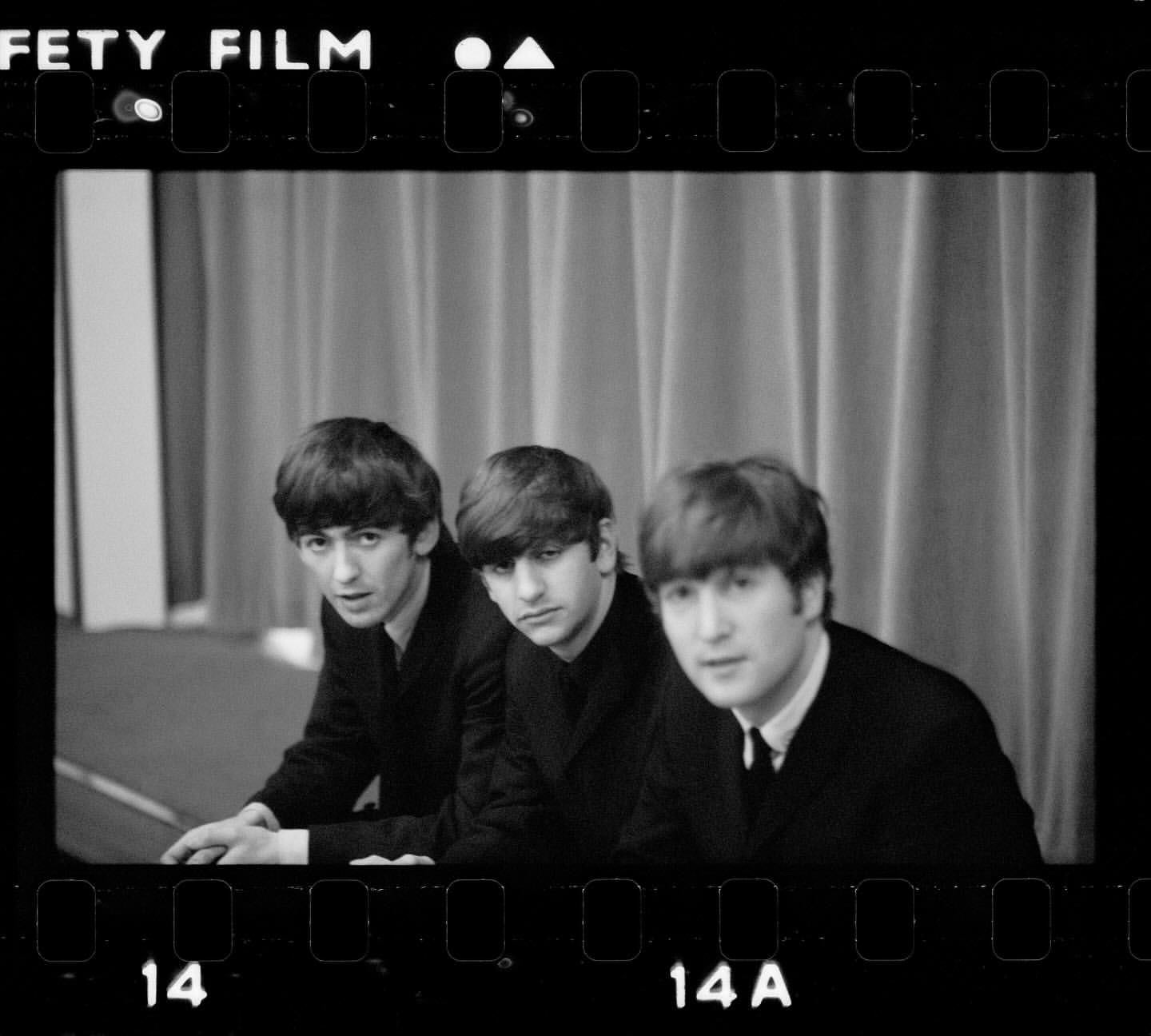From the hills of Montego Bay to the bright lights of Kingston, from London’s rock stages to Hollywood’s silver screen, Jimmy Cliff embodied the soul of Jamaica. Singer, actor, mentor, and cultural bridge, he transformed reggae into a universal language of hope and resistance. His journey was not only musical but cinematic, reaching its peak in ”The Harder They Come” and echoing even in the joyful rhythms of Cool Runnings (“Rasta Rockett”).
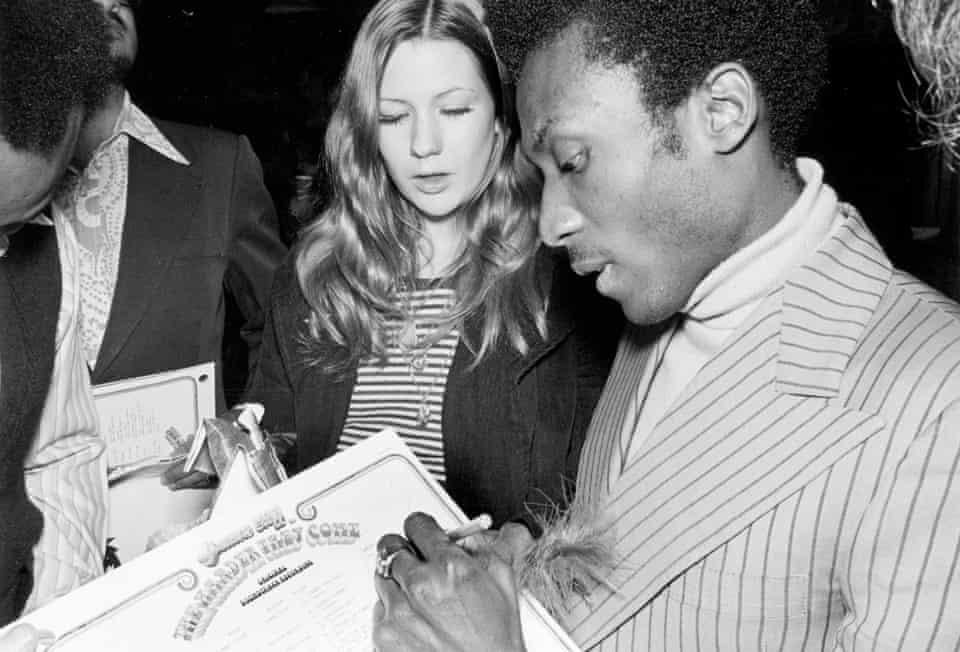
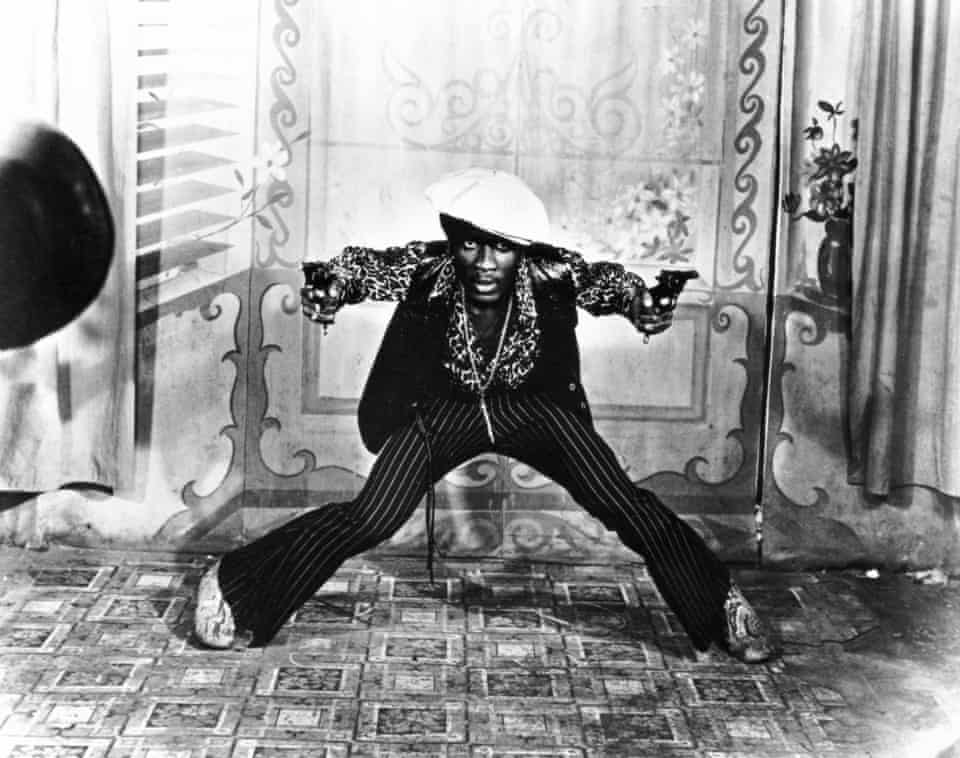
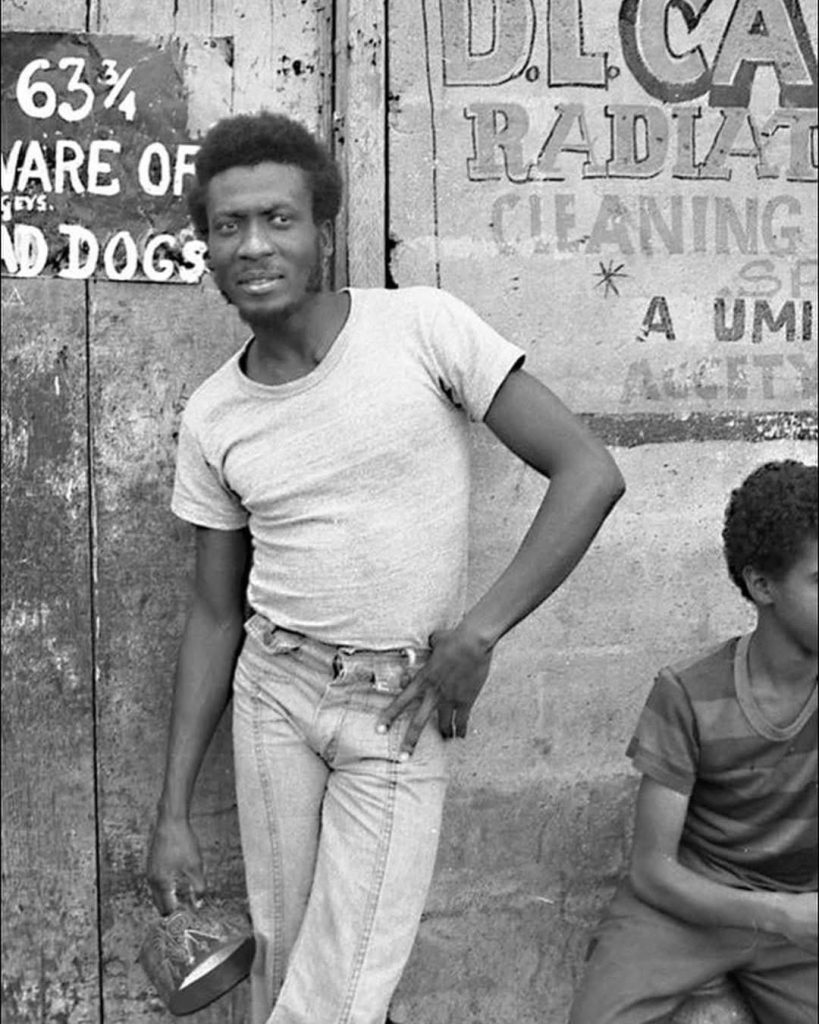


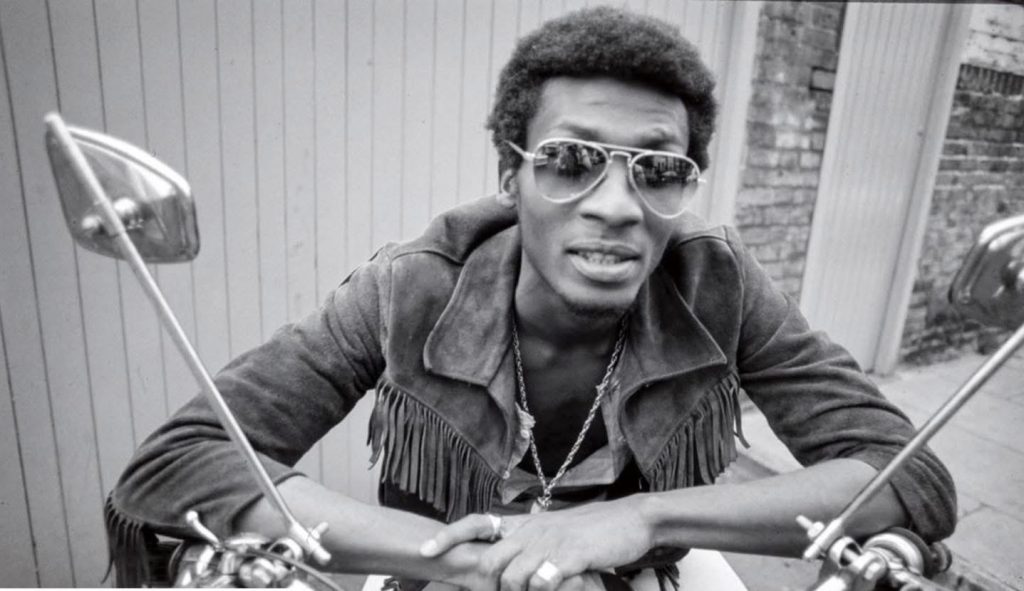
Photos : Ronald Grant Archive/Getty Images/Jimmy Cliff/Vision Addict/Bestimage/Dick Polak/Columbia/DR
James Chambers, the boy with a voice of fire
Né James Chambers dans la paroisse de St. James, en Jamaïque, il grandit bercé par les chants religieux de son père et les sonorités importées de Little Richard, Sam Cooke et Ray Charles. À quatorze ans, il quitte Montego Bay pour Kingston, où la dure réalité des ghettos marque profondément sa vision du monde. Un jour, il entre chez Beverley, disquaire tenu par les frères Kong, et lance hardiment à Leslie Kong : « Vous vendez des disques, pourquoi ne pas en produire ? », Leslie Kong, stupéfait, l’écoute et s’exclame : « Vous avez la plus belle voix que j’aie jamais entendue en Jamaïque. » C’est ainsi que naît Jimmy Cliff.
Crossing the Atlantic London and the world stage
In the 1960s, Jimmy Cliff moved to London, where he mingled with figures like Pete Townshend and Robert Plant. But it was his 1969 album ”Wonderful World, Beautiful People” that revealed his genius. Songs like ”Vietnam” became anthems against war, while “Many Rivers to Cross” emerged as one of the most timeless ballads in reggae history. Jimmy Cliff was no longer just a singer, he was a messenger of hope and defiance.
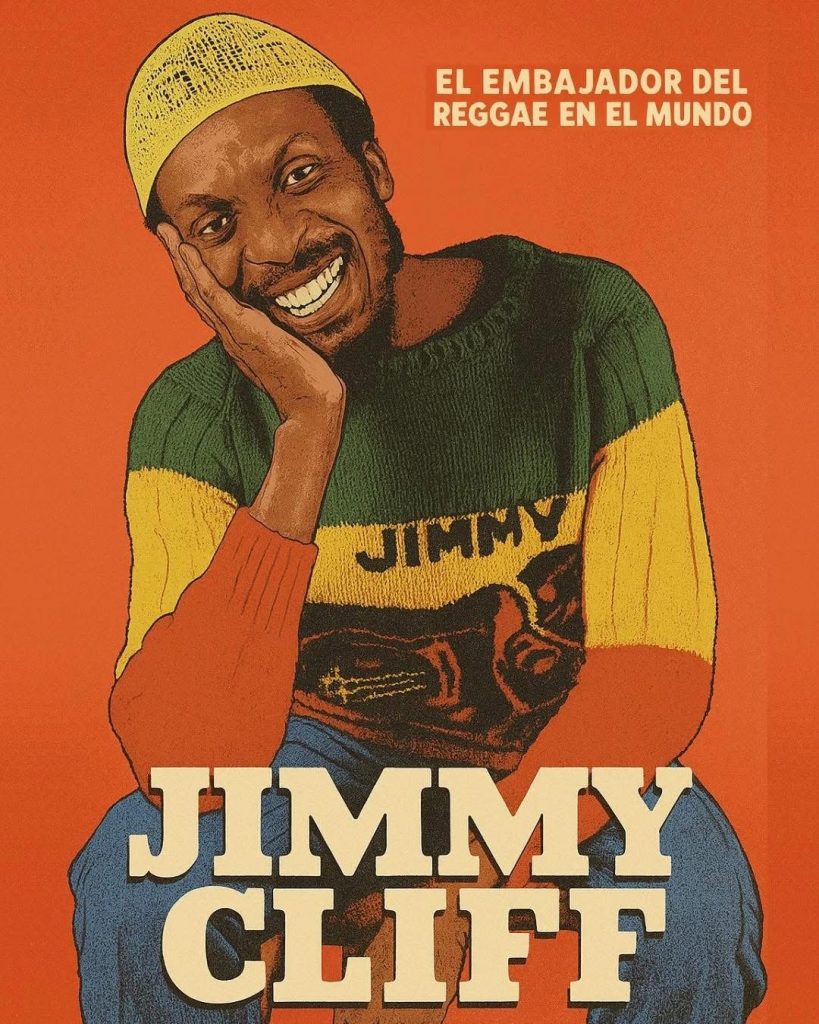
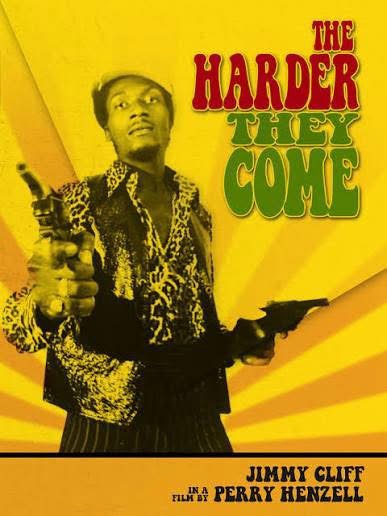
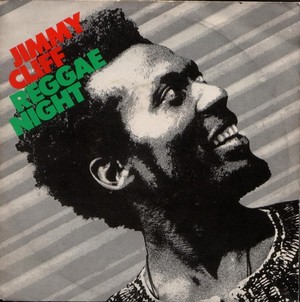
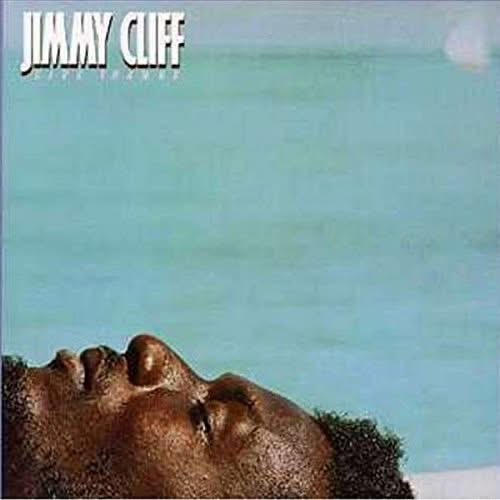
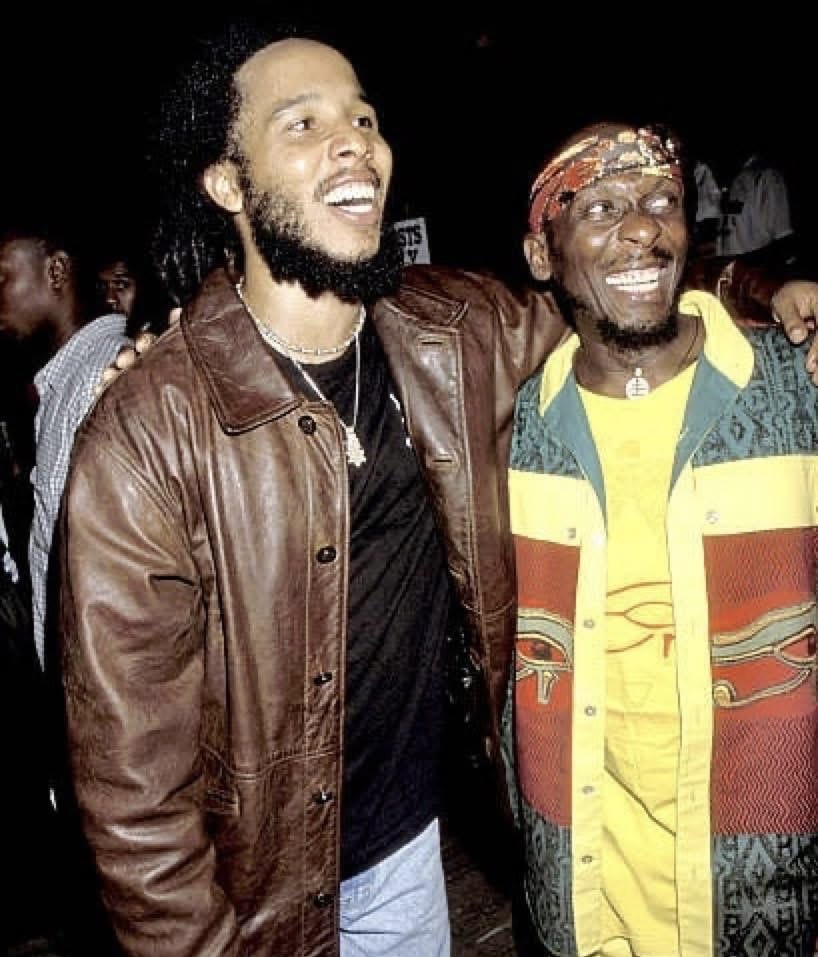
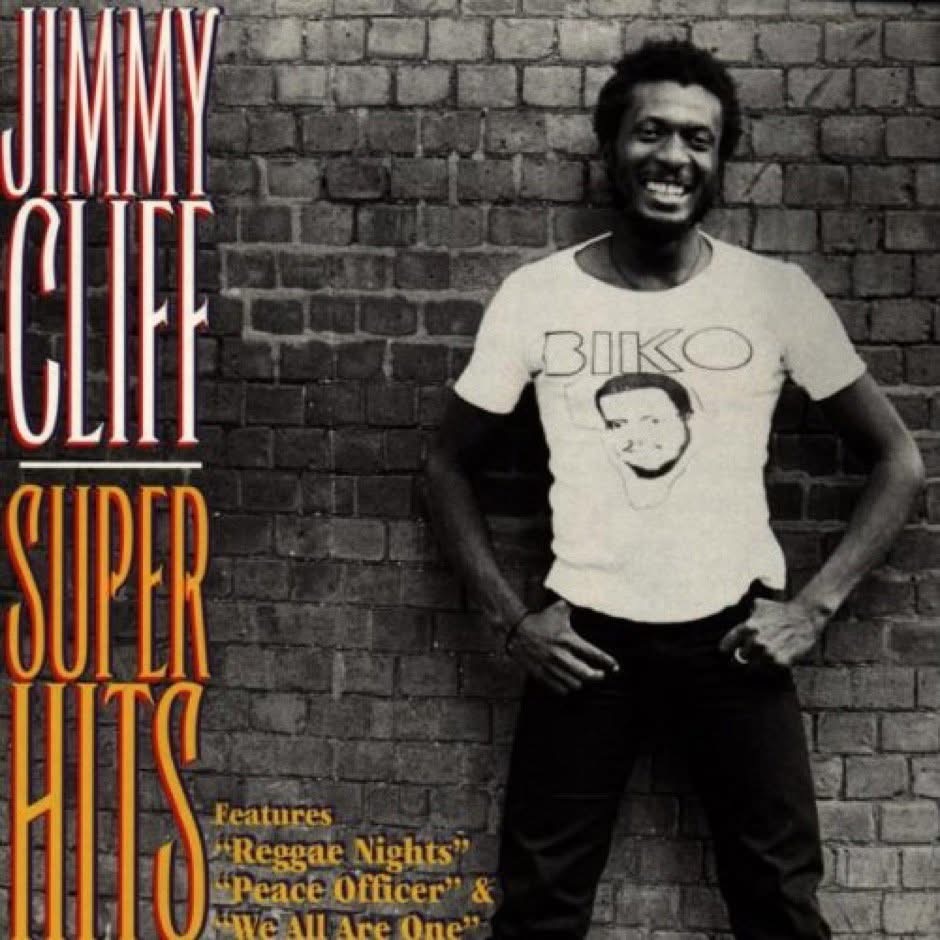
Photos : Ronald Grant Archive/Getty Images/Jimmy Cliff/Vision Addict/Bestimage/Dick Polak/Columbia/DR
Perry Henzell and the revolution of ”The Harder They Come”
In 1972, filmmaker Perry Henzell offered Jimmy Cliff the role of Ivanhoe Martin in ”The Harder They Come”. The singer accepted, embodying the tragic rude boy whose dreams collide with the brutal reality of Jamaica. The film became a cultural milestone, and its soundtrack, featuring ”The Harder They Come ”, ”Many Rivers to Cross”, and tracks by The Maytals propelled reggae onto the global stage. Jimmy Cliff became an icon, a bridge between Kingston’s streets and the world’s audiences.
Jimmy Cliff and Bob Marley, brotherhood and solitude
Jimmy Cliff was not only a star but also a mentor. He introduced Bob Marley to Leslie Kong, giving him a crucial early opportunity. Reflecting years later, Cliff said : “Bob Marley was an artist I took under my wing. We shared revolutionary ideas, but he loved everyone. I am more solitary.” That confession revealed both his generosity and his unique solitude.
”Rasta Rockett” ,Jamaica on ice
In 1993, director Jon Turteltaub brought to life the improbable story of four Jamaican sprinters who dreamed of competing in the Winter Olympics as a bobsleigh team. The film Cool Runnings (”Rasta Rockett”) became a global sensation. Jimmy Cliff’s luminous rendition of ”I Can See Clearly.” Now gave the film its heartbeat. His voice carried the spirit of resilience and joy, proving once again that his music could turn impossible dreams into living reality.
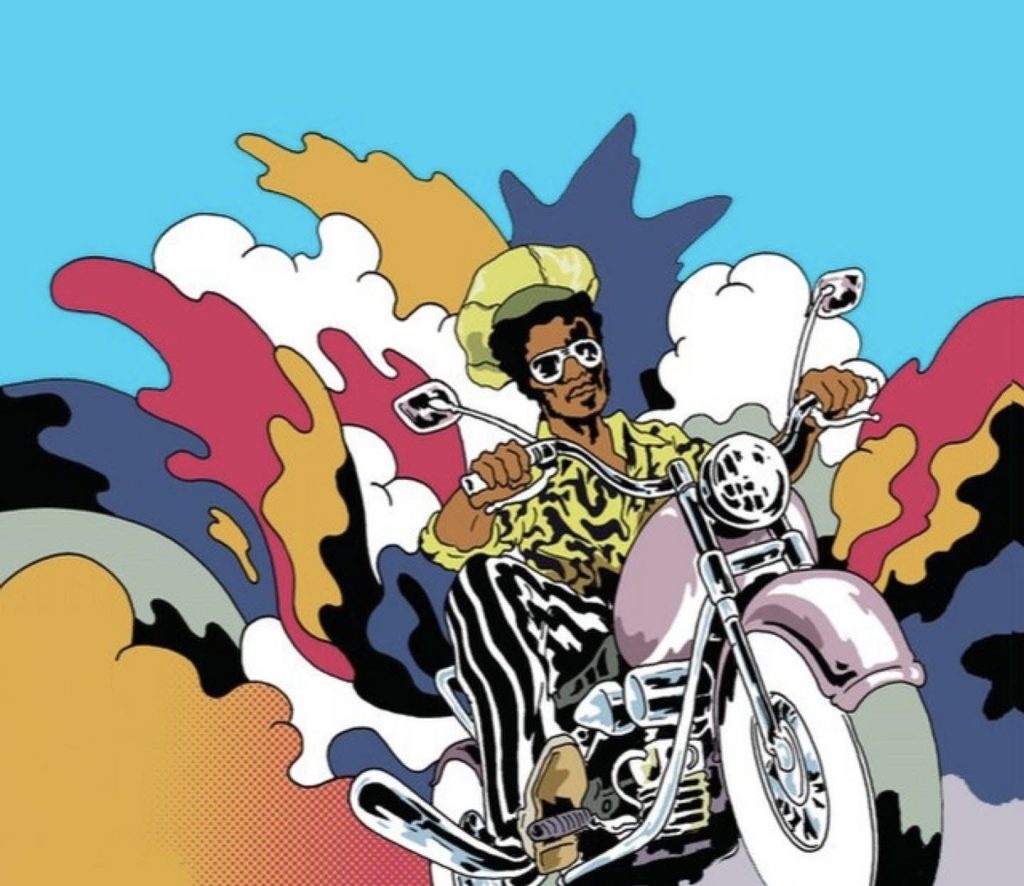
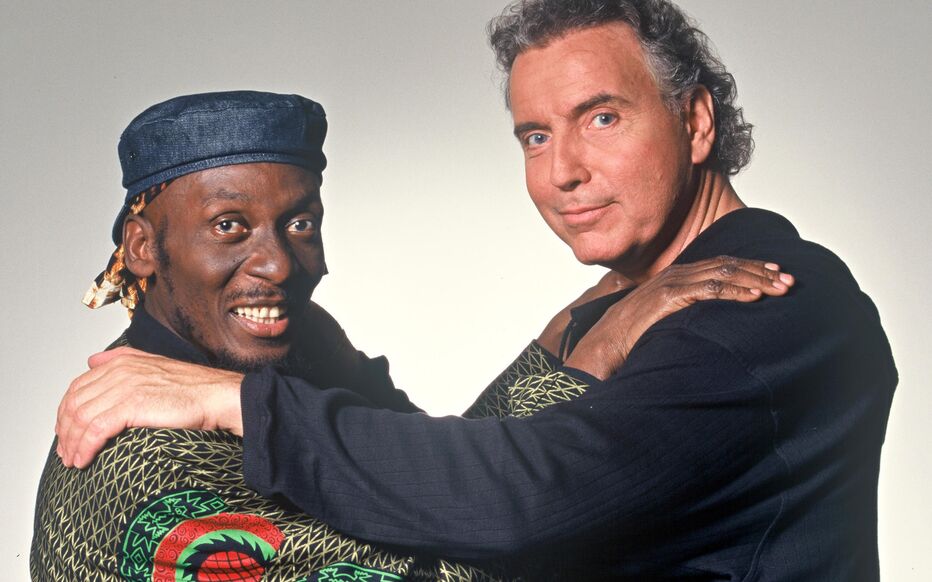

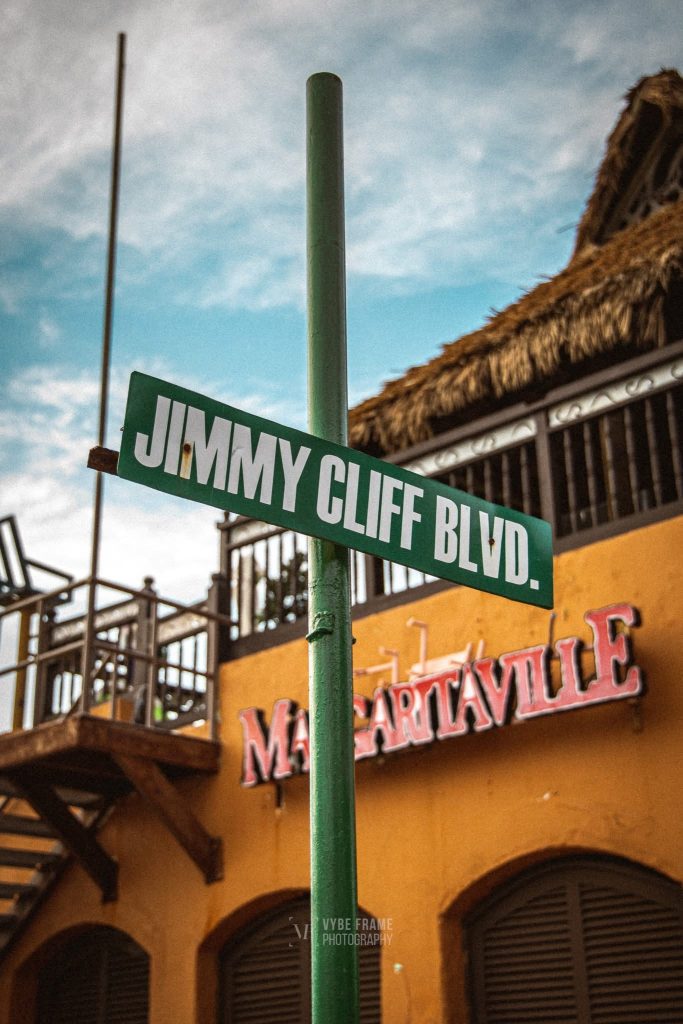
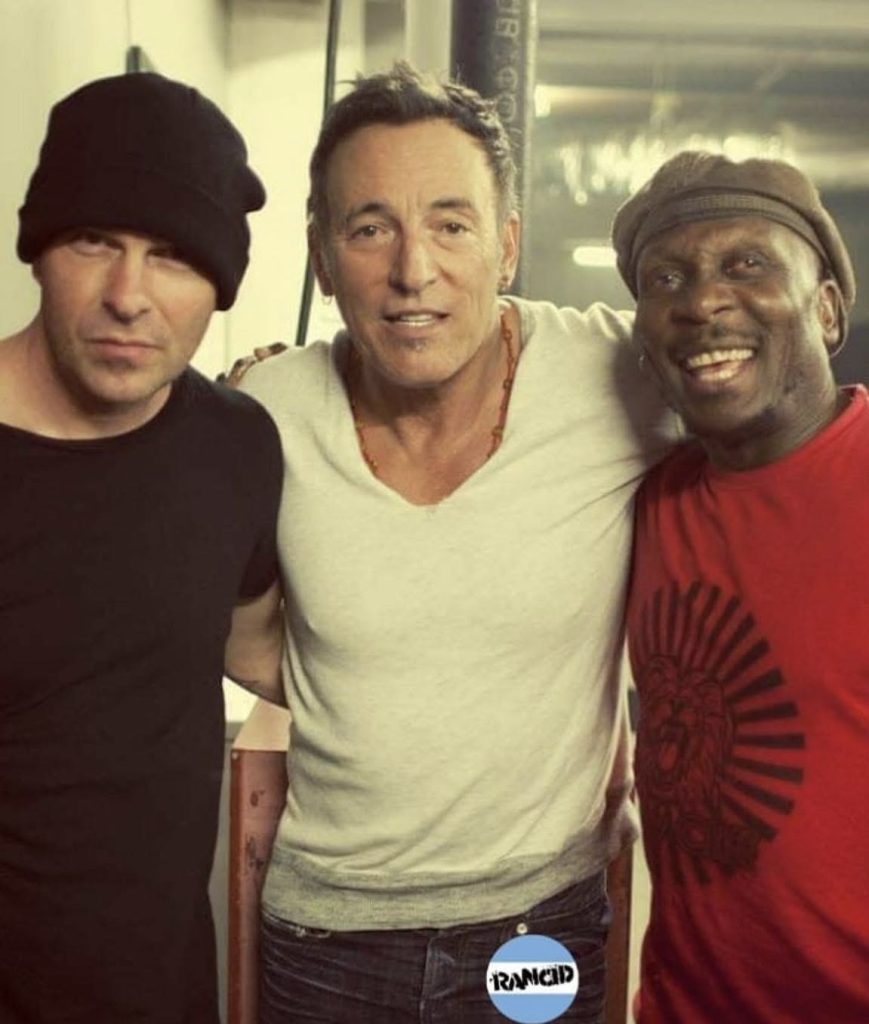

Photos : Ronald Grant Archive/Getty Images/Jimmy Cliff/Vision Addict/Bestimage/Dick Polak/Columbia/DR
Eternal legacy
Jimmy Cliff recorded countless albums, won Grammy Awards, and lent his voice to generations. In 2020, he paid tribute to Frederick Nathaniel Hibbert, known as Toots Hibbert, describing death as a “crossing” to another realm. Today, it is Jimmy Cliff who has crossed over.
Farewell Jimmy Cliff
Jimmy Cliff leaves behind more than songs, he leaves prayers, stories, and a vision of freedom. His melodies continue to flow like rivers, across mountains and hearts. And his refrain, You can get it if you really want, remains a promise to dreamers everywhere.
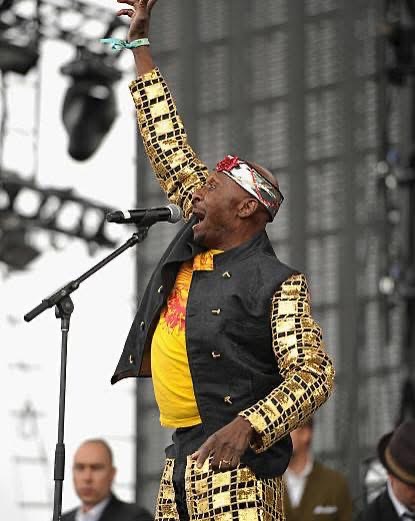
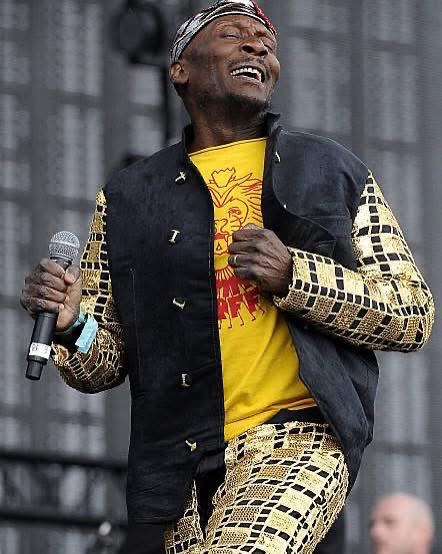
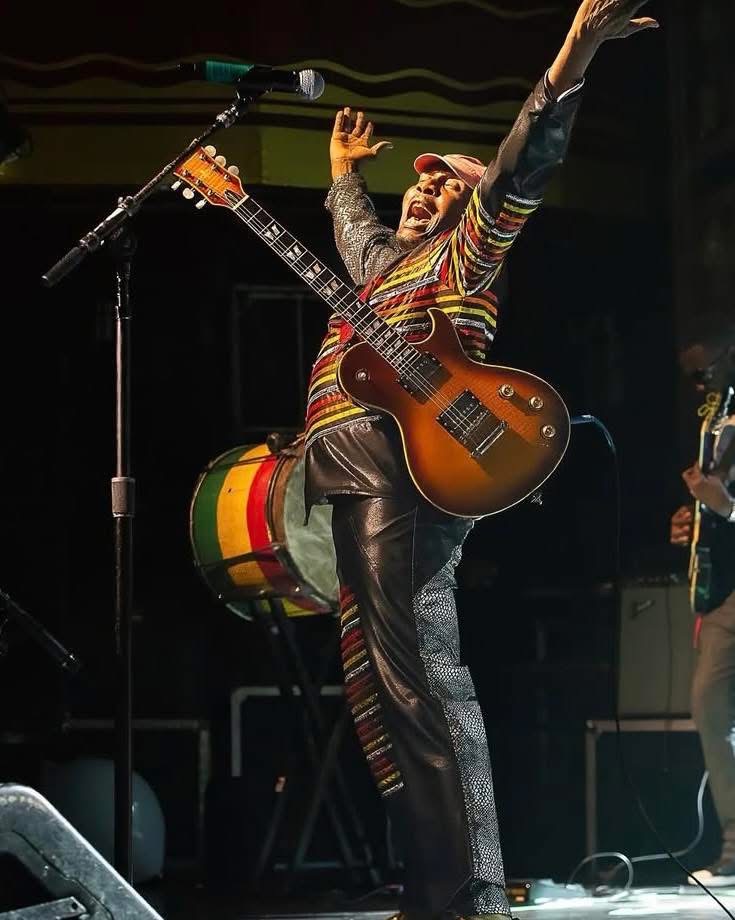

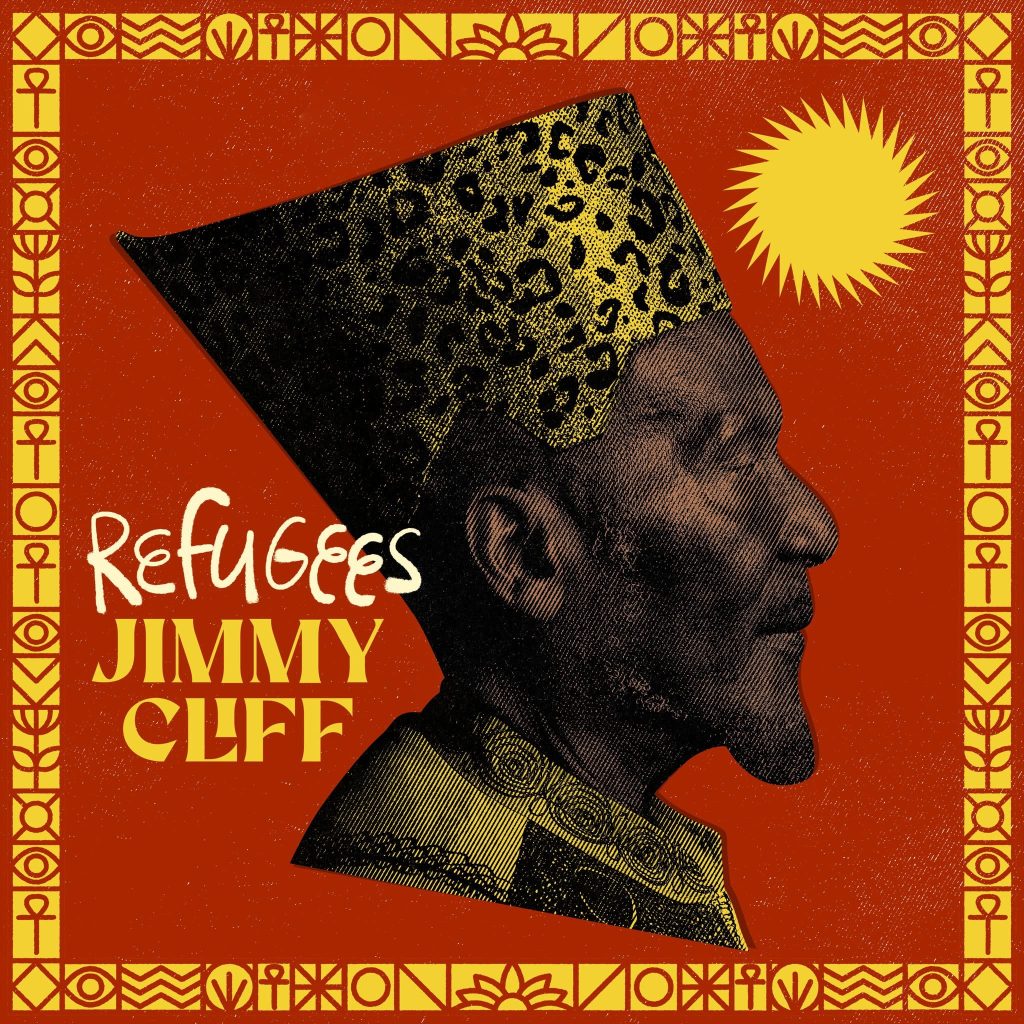
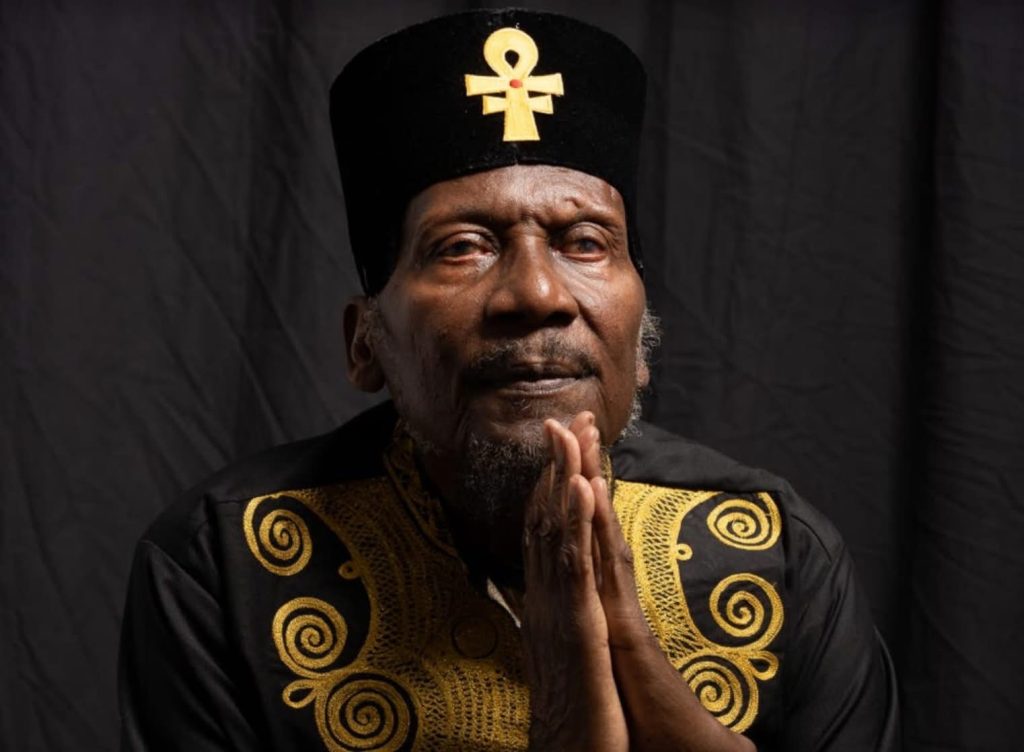
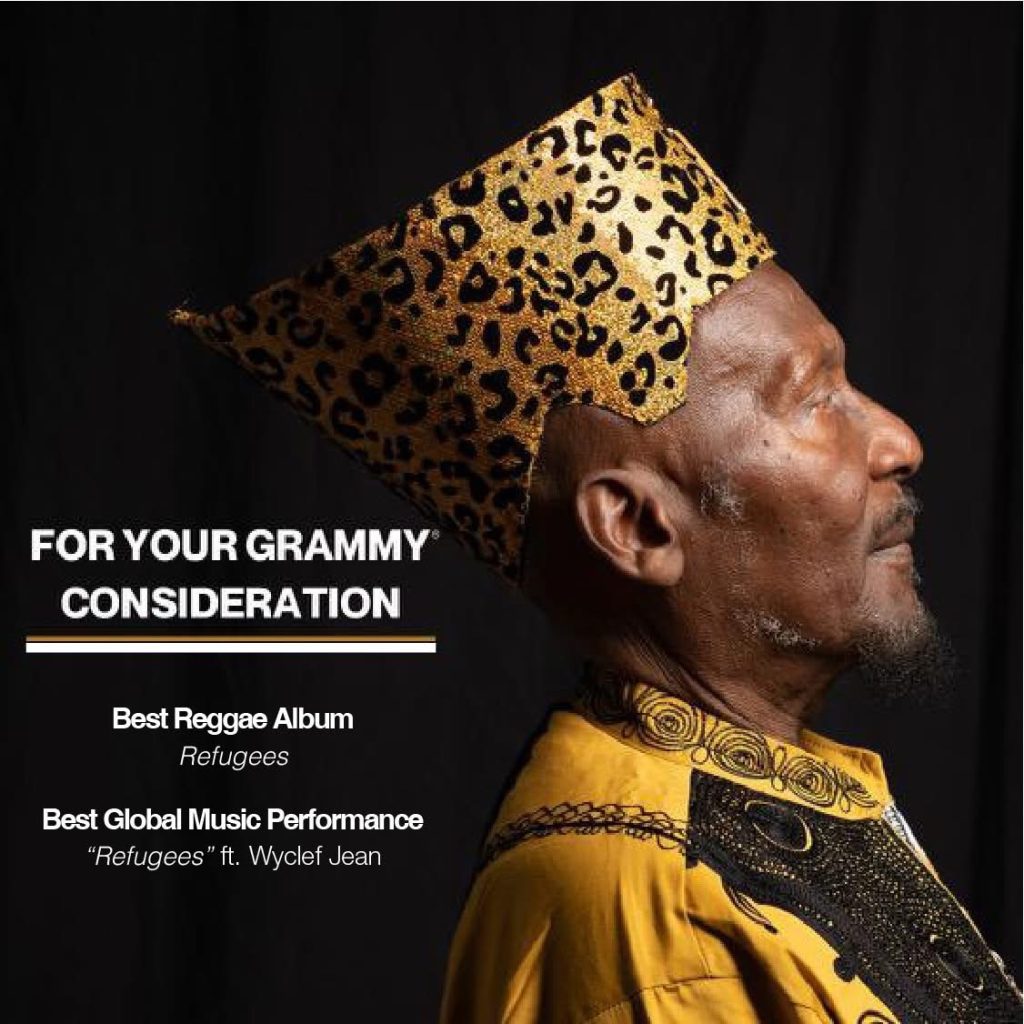
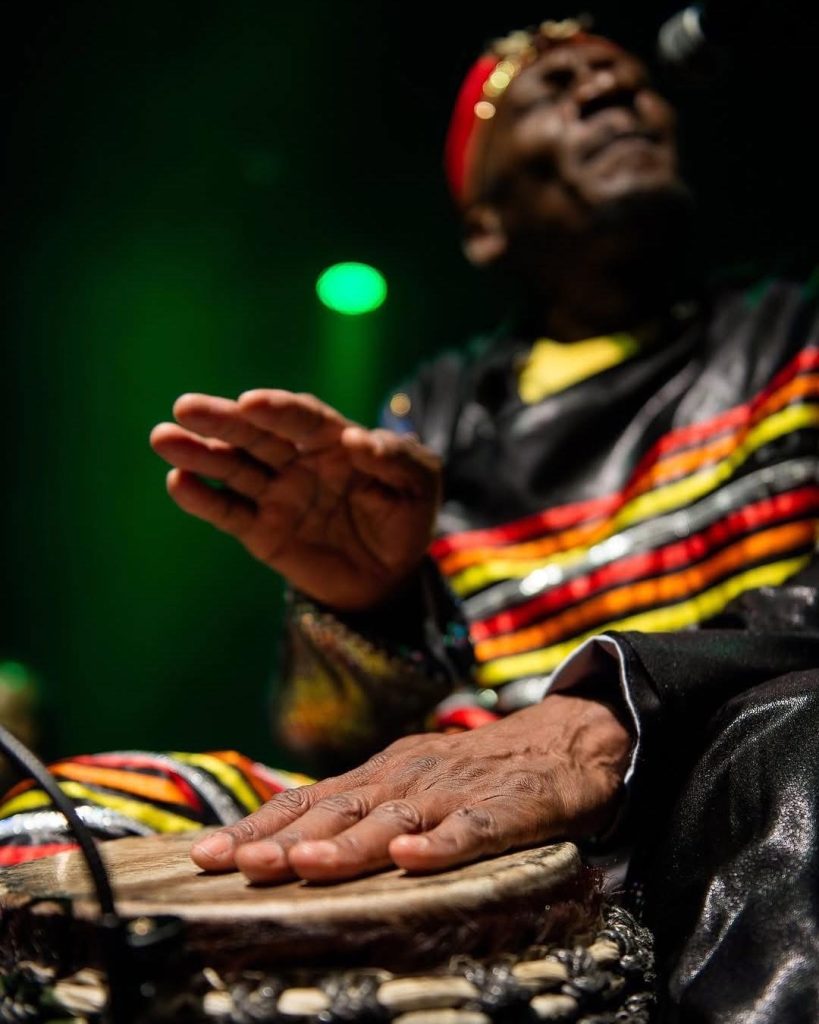
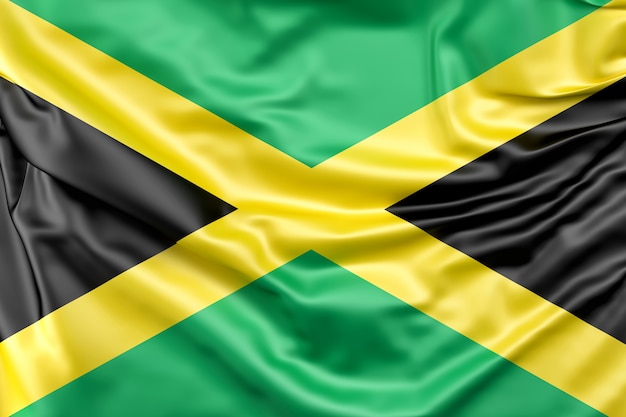
Photos : Ronald Grant Archive/Getty Images/Jimmy Cliff/Vision Addict/Bestimage/Dick Polak/Columbia/DR


